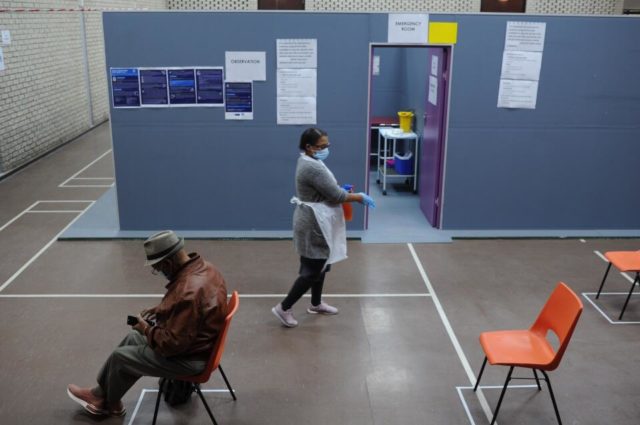’TV and radio are by far the most preferred forms of communication, even among regular users of social media.’
Health experts in SA, are urging government to change their Covid-19 messaging in order to tackle vaccine hesitancy in the country.
In recent weeks, there’s been a lower turnout at vaccination sites across the country. Previously more than 250 000 doses were being administered daily.
In the past 24 hours, about 194 000 people were vaccinated. So far the total vaccinations in the country have been over 9 million.
The national health department plans to vaccinate 70% of the adult population by the end of the year. Currently, only about 12% of this population are vaccinated, meaning that South Africa needs to vaccinate 29 million adults to reach the target.
According to the Human Sciences Research Council’s (HSRC) Research Director, Dr Ben Roberts, getting information to people through their preferred channels of communication and language is extremely important.
On Wednesday, HSRC released the acceptance and hesitancy survey. It revealed that even though vaccine acceptance in the country had increased to 72%, getting vaccines to the people still proved challenging for the health sector.
Roberts said “It’s really about providing information in a continuous way through people’s preferred channels. We found out that conventional mediums such as TV and radio are by far the most preferred forms of communication. Even among regular users of social media they still preferred TV and radio as a choice to receive news related to the pandemic.”
Speaking during a webinar held in partnership with the National Press Club and the SA Health Products Authority on Wednesday, GCIS’s Michael Currin said the government is trying to mobilise other partners to deal with the hesitancy.
Currin said “We have started working on the enormous machinery of government communications that exists in communities and municipalities to get those local influencers to keep encouraging and using that use of local languages to say, ’Look we want to educate’.”
“A lot of research came out to say that there was a degree of hesitancy but I can assure you that lots of material produced by health and others had been translated to other languages,” he said.
Co-chair of the Covid-19 Ministerial Advisory Committee, Professor Koleka Mlisana said the lower uptake of Covid-19 vaccines is a result of not getting the messaging right.
Mlisana said “We are not getting the numbers for vaccinations. We have enough supply of the doses but people are not coming; maybe the issue is that we are not able to package the messaging for people to understand why it is important to vaccinate.”
“We need to bring in those positive stories in our messaging, tie in the positive effects we are having with vaccinations, with the messaging that gets across, so that people can begin to appreciate that it is important for everyone to be vaccinated. We have to find a way in communicating these messages in such a way that the general public understands the importance of vaccination,” she said.








